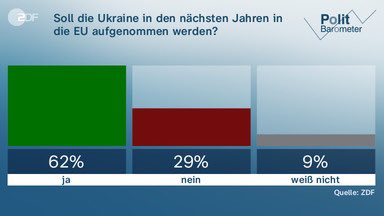
In this week’s @TheEconomist, I take a closer look at the economic costs of sexual harassment. They are huge. economist.com/finance-and-ec…
My starting point is the second #MeToo moment in economics itself, where new and old cases have emerged, and female academics simply had enough.
But I was also intrigued by the economic research on sexual harassment, looking at costs (huge), labour market effects (awful), internal firm dynamics (somewhat encouraging) etc.
I am also very grateful to Anna (not her real name) for sharing her story with me. It takes a lot of courage to do that, and helped me (and hopefully our readers) to appreciate the viciousness of sexual harassment.
Here are the papers. @johannarickne and @OlleFolke on whether victims of sexual harassment leave the workplace and what they are willing to give up to be free of it. (And lots more, it's 3 papers in 1.) drive.google.com/file/d/1Ma0U6i…
Another paper on the compensating wage differential of sexual harassment. It adds up to a whopping $9.3m per filed case (in today's $) in the US. By @Joni_Hersch. law.vanderbilt.edu/phd/faculty/jo…
A paper using shockingly good data on employment and police reports, to uncover patters of abuse and their consequences, including what female bosses do differently, by @EmilyNix100, @abicadams, @KristiinaHuttu2 and @ningzhang0927. drive.google.com/file/d/1Lt96KM…
@EmilyNix100 @abicadams @KristiinaHuttu2 @ningzhang0927 What happens to sexual harassment reporting during recession, ie when victims do not have as many outside options? This paper, Gordon Dahl and Matt Knepper, is really good. And depressing. docs.iza.org/dp14740.pdf
A job market paper by @Caro_cly (w/ @BatutCyprien and @sschneiderstraw) on #MeToo, whether women simply have had enough and if they are leaving places with high risk of sexual harassment. dropbox.com/s/mcd49hi469a9…
A paper, slightly tangential to sexual harassment: how do bosses react to #misconduct? Do men tolerate male misconduct more than women do? Mark Egan, Gregor Matvos and Amit Seru have the answer. papers.ssrn.com/sol3/papers.cf…
Bonus paper: @EmilyNix100, @MarttiKaila & @kristariukula on labour market shocks and intergenerational mobility. (It's used in my piece to compare the labour shock from harassment). The paper is pretty cool. marttikaila.com/assets/docs/Ea…
Bonus article: @AnnieLowrey on #MeToo in economics and how it affects everyone, feat. @BetseyStevenson. theatlantic.com/ideas/archive/…
• • •
Missing some Tweet in this thread? You can try to
force a refresh













